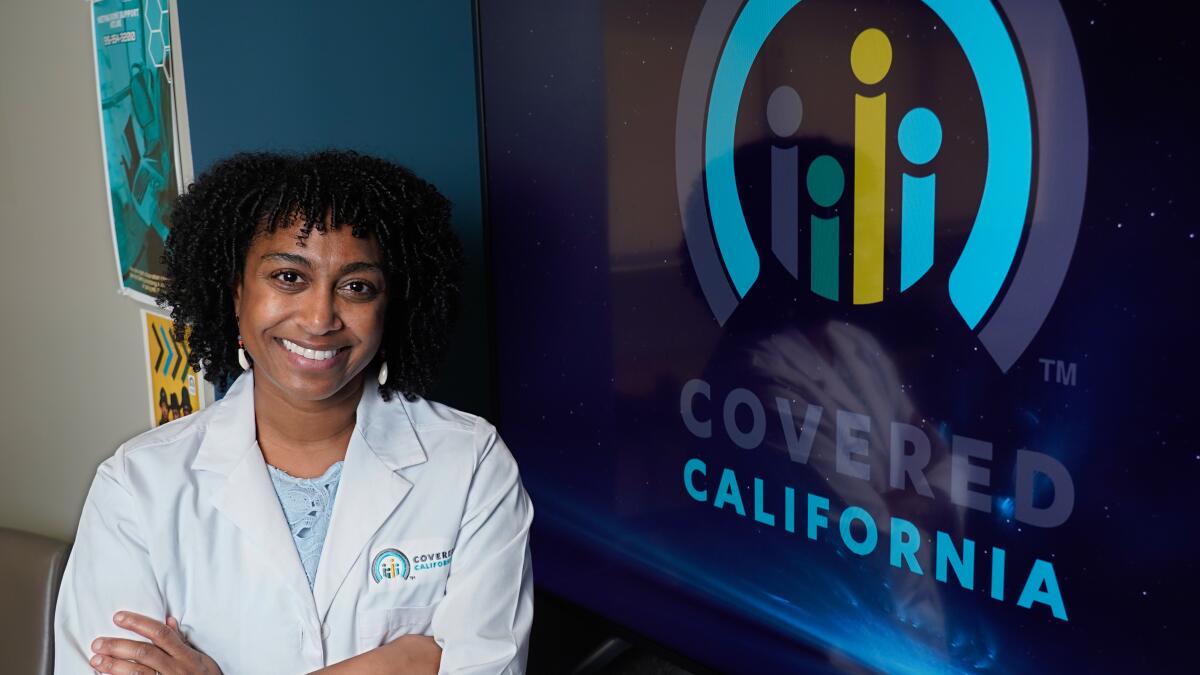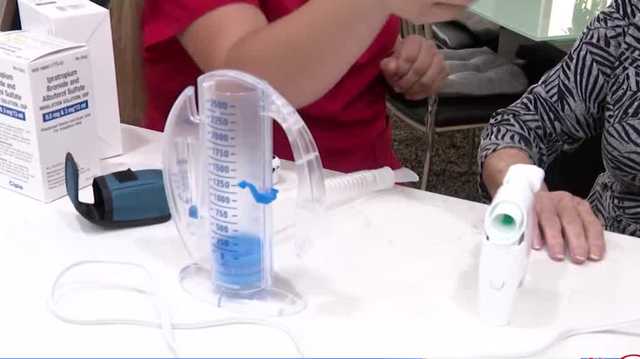Scroll with Caution: Navigating the Wild West of Social Media Health Hacks
Health
2025-03-24 16:15:37Content

When it comes to health claims, it's wise to approach sensational promises with a critical eye. Consumers should cultivate a healthy dose of skepticism, understanding that not every bold health statement is backed by solid scientific evidence. Whether it's a miracle supplement, a revolutionary diet, or a groundbreaking treatment, taking the time to research and verify claims can protect you from potential misinformation and unnecessary expenses.
The world of health and wellness is often filled with exaggerated promises and quick-fix solutions. Smart consumers learn to look beyond flashy marketing and seek out credible sources, consulting medical professionals, reviewing scientific studies, and cross-checking information from reputable health organizations. By maintaining a balanced and discerning approach, you can make more informed decisions about your health and well-being.
Remember, if something sounds too good to be true, it probably is. Always prioritize evidence-based information and professional medical advice over sensational claims that promise instant or miraculous results.
Navigating the Maze of Health Claims: A Critical Consumer's Guide to Wellness Wisdom
In today's information-saturated world, consumers find themselves bombarded with an overwhelming array of health claims, miraculous promises, and wellness shortcuts that seem too good to be true. The modern landscape of health information is a complex terrain where scientific facts, marketing hype, and personal anecdotes frequently intersect, creating a challenging environment for individuals seeking genuine, reliable guidance about their well-being.Unraveling the Truth: Your Roadmap to Intelligent Health Decision-Making
The Psychology of Health Marketing: Understanding Manipulation Tactics
Modern health marketing has evolved into a sophisticated psychological battlefield where consumers are constantly targeted with compelling narratives designed to trigger emotional responses. Companies invest substantial resources in crafting messages that exploit psychological vulnerabilities, creating narratives that promise transformative experiences through miraculous products or revolutionary approaches to wellness. Sophisticated marketing strategies often leverage cognitive biases, presenting selective information that appears scientifically credible while strategically omitting critical context. Consumers must develop a nuanced understanding of these manipulation techniques, recognizing the subtle ways in which emotional appeals can override rational decision-making processes.Scientific Literacy: Your Ultimate Defense Against Misleading Health Claims
Developing robust scientific literacy represents the most powerful tool in combating misleading health information. This involves cultivating a critical mindset that demands empirical evidence, understands statistical significance, and recognizes the difference between correlation and causation. Effective scientific literacy requires more than passive knowledge; it demands active engagement with research methodologies, understanding peer-review processes, and maintaining a healthy skepticism towards extraordinary claims. Consumers should prioritize information from reputable scientific institutions, peer-reviewed journals, and recognized medical professionals over sensationalized marketing materials.The Role of Personal Research and Professional Consultation
While independent research is crucial, it should never replace professional medical advice. Individuals must strike a delicate balance between self-education and expert consultation, recognizing the limitations of their own knowledge while remaining proactively engaged in their health journey. Medical professionals provide contextualized insights that generic online resources cannot replicate. They can interpret complex medical information through the lens of an individual's unique health profile, genetic predispositions, and specific physiological characteristics. This personalized approach transcends generic health recommendations, offering nuanced guidance tailored to specific needs.Emerging Technologies and the Future of Health Information
Technological advancements are rapidly transforming how health information is disseminated and consumed. Artificial intelligence, machine learning, and advanced data analytics are creating unprecedented opportunities for personalized health insights, while simultaneously introducing new challenges in verifying information authenticity. The future of health communication will likely involve more sophisticated, transparent mechanisms for validating claims, potentially utilizing blockchain technologies to ensure information traceability and credibility. Consumers can anticipate increasingly sophisticated tools that help them navigate the complex landscape of health information with greater precision and confidence.Ethical Considerations in Health Communication
The ethical dimensions of health communication represent a critical area of concern. Responsible information sharing requires a commitment to transparency, accuracy, and genuine concern for consumer well-being. This involves challenging sensationalist narratives, promoting evidence-based approaches, and creating platforms that prioritize scientific integrity over commercial interests. Healthcare communicators must recognize their profound responsibility in shaping public understanding, acknowledging that misinformation can have serious, potentially life-altering consequences for vulnerable individuals seeking genuine guidance.RELATED NEWS
Health

Healthcare Battleground: Covered California Fights Back Against Potential Federal Budget Cuts
2025-04-26 10:00:38
Health

Breaking Barriers: Special Olympics Athletes Spark Community Fitness Revolution
2025-04-06 16:00:00






